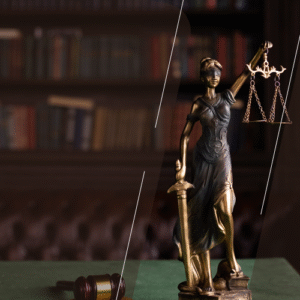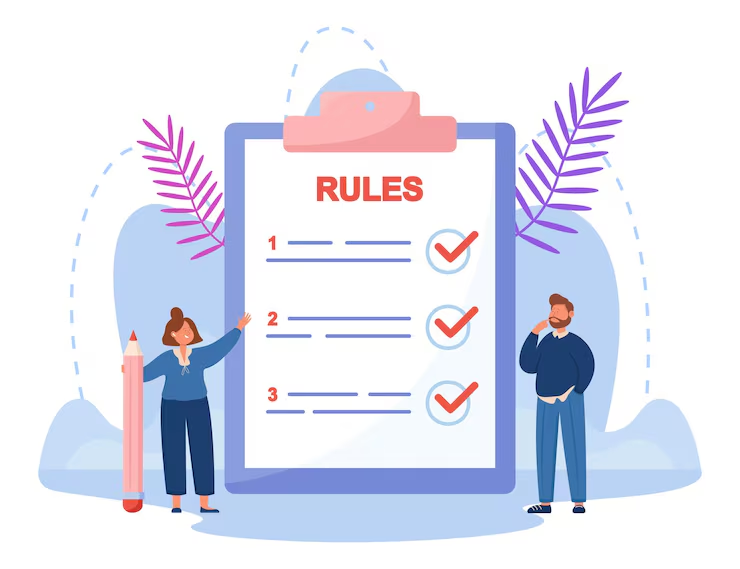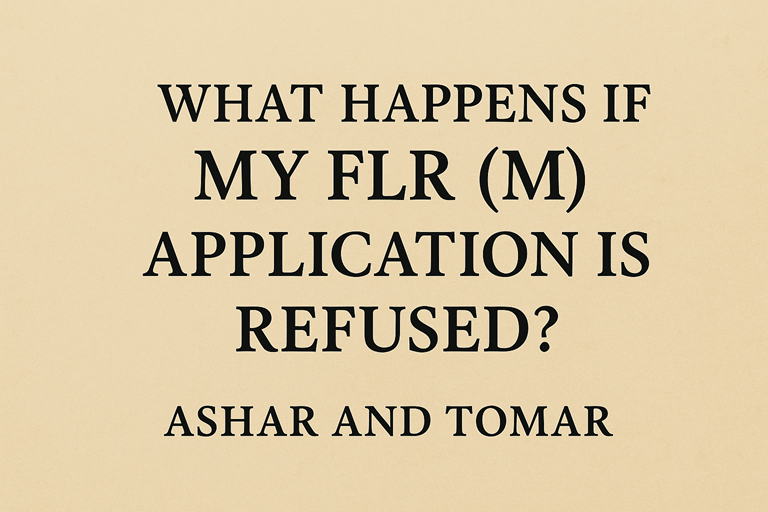The Impact of a CCJ on Your Credit Rating (CCJ And Your Credit Rating)and How to Resolve It
A County Court Judgment (CCJ) can significantly impact your credit rating, as it is recorded on your credit file for six years. This judgment indicates that you have failed to repay a debt, and it can severely affect your ability to borrow money, whether you are applying for a mortgage, a credit card, or any other type of loan. Understanding the relationship between a CCJ and your credit score is essential, as well as knowing the steps you can take to minimize the damage and potentially have the CCJ removed.
How a CCJ Affects Your Credit Rating
When a CCJ is registered against you (CCJ And Your Credit Rating), it is listed on your credit report and serves as a red flag to lenders. This judgment shows that you have been unable or unwilling to settle a debt, which raises concerns about your financial reliability. Lenders may view you as a higher risk, leading to rejections of loan applications, mortgage denials, or significantly higher interest rates. The CCJ remains visible on your credit file for six years from the date of the judgment, regardless of whether you eventually repay the debt in full.
Paying the CCJ (CCJ And Your Credit Rating)
If you settle the amount owed within a month of the CCJ being issued, the judgment can be removed from your credit file, and it will not negatively affect your credit score in the long term. The court will update the records, and your credit file will not display the CCJ, essentially wiping it clean.
However, if you pay the debt after this one-month window, the situation becomes more complicated. In such cases, while the CCJ will still remain on your credit file for the full six years, you can apply to have it marked as “satisfied.” This status indicates to lenders that the debt has been paid, but it does not erase the judgment from your record.
Setting Aside a CCJ (CCJ And Your Credit Rating)
In some cases, it is possible to apply to the court to “set aside” the CCJ. This can only happen if your creditor consents to the removal of the judgment. Once both you and your creditor agree to the set-aside, the court will issue an order to that effect. You will also receive a “Certificate of Satisfaction,” confirming that the debt has been resolved.
To have your credit report updated, you must then provide the set-aside order and the Certificate of Satisfaction to the major credit reference agencies (such as Experian, Equifax, and TransUnion). They will remove the CCJ from your credit file or mark it as satisfied, depending on the circumstances.
Frequently Asked Questions (CCJ And Your Credit Rating)
1. Can a CCJ be removed from my credit report if I pay the debt late?
Yes, but only if you apply for the judgment to be set aside and your creditor agrees to it. Otherwise, the CCJ will remain on your file for six years, even if the debt is paid.
2. How long does a CCJ affect my credit rating?
A CCJ stays on your credit report for six years from the date of the judgment unless it is removed through a set-aside process.
3. Can I get a mortgage if I have a CCJ?
Having a CCJ can make it difficult to obtain a mortgage, as lenders view it as a sign of financial risk. Some lenders may still offer a mortgage, but often with higher interest rates.
4. What is a Certificate of Satisfaction?
This is a document issued by the court confirming that the CCJ debt has been settled. It helps to improve your credit status, even though the CCJ remains on your file for six years.
By understanding the impact of a CCJ and the steps available to resolve it, you can take action to mitigate the negative effects on your credit score.
Contact Asher & Tomar Solicitors to find out about the CCJ And Your Credit Rating
Our firm is regulated by the solicitors regulation authority (SRA) and dealt with numerous CCJ And Your Credit Rating matters.








